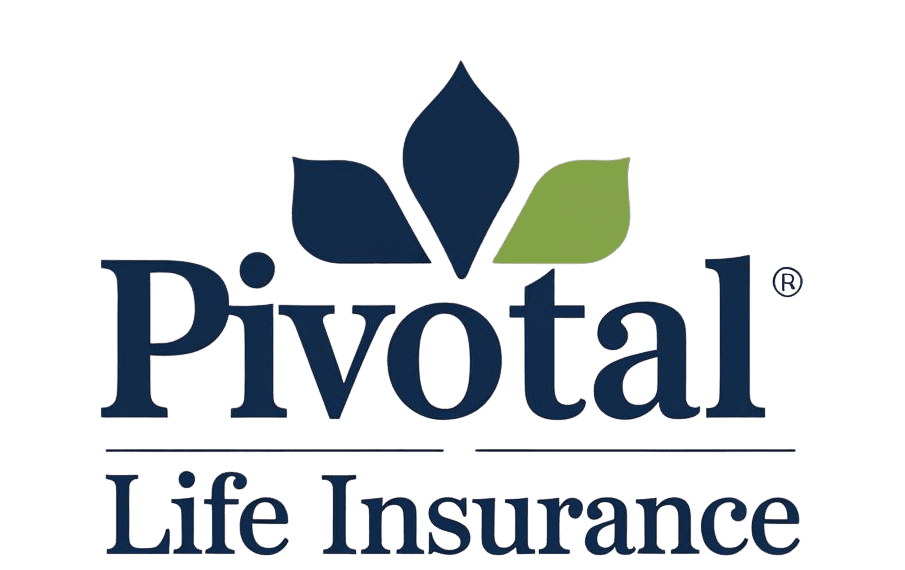Insurance is more than just a safety net. For many families and individuals, it is also a financial planning tool that balances protection with long-term savings.
Two popular types of policies often compared are whole life and endowment insurance. Both offer life coverage and a form of financial benefit, but they serve different purposes. Understanding their differences in premiums, payouts, and goals can help you make an informed choice.
What Is Whole Life Insurance?
Whole life insurance provides coverage for the entire lifetime of the insured. As long as you keep paying your premiums, the policy never expires. It also builds cash value over time, which can be borrowed against or left to grow as part of your estate plan.
Duration: Lifetime coverage.
Premiums: Typically higher but fixed for life.
Payouts: A guaranteed death benefit is paid to beneficiaries.
Purpose: Long-term protection and wealth transfer.
This type of policy is ideal for people who want permanent coverage and a financial cushion that grows steadily.
What Is Endowment Insurance?
Endowment insurance is a policy designed to pay a lump sum either at the end of a specific period (the maturity date) or upon the insured’s death, whichever comes first. Unlike whole life, it focuses more on savings and investment goals.
Duration: Limited term, such as 10, 15, or 20 years.
Premiums: Higher than term life but shorter in payment duration compared to whole life.
Payouts: Provides a lump sum at maturity or to beneficiaries if death occurs during the term.
Purpose: Ideal for achieving financial milestones like education funding, retirement savings, or mortgage repayment.
Key Differences Between Whole Life and Endowment Insurance
While both provide protection and a payout, they are structured for different goals.
Coverage Period
Whole life covers you for your entire lifetime.
An endowment covers you for a fixed number of years.
Premiums
Whole life premiums are spread over a long time and remain fixed.
Endowment premiums are usually higher because the payout happens sooner.
Payouts
Whole life ensures a death benefit is paid whenever you pass away.
Endowment pays either at maturity or on death, whichever comes first.
Purpose
Whole life focuses on lifelong protection and wealth preservation.
An endowment emphasizes savings for specific goals within a timeframe.
When to Choose Whole Life Insurance
Whole life may be suitable if you:
Want permanent protection for your family.
Prefer stable premiums and guaranteed benefits.
Are you looking to leave behind a legacy or cover estate planning needs?
When to Choose Endowment Insurance
Endowment may be a better fit if you:
Have clear short- or medium-term financial goals.
Want a disciplined savings plan with insurance benefits.
Prefer a guaranteed lump sum at a specific date.
Practical Example
Imagine two individuals:
Chinedu, age 35, wants lifelong coverage and a way to pass wealth to his children. Whole life insurance helps him achieve this.
Amaka, age 30, wants to save for her child’s university education in 15 years. An endowment policy aligns with her goal by providing a lump sum when needed.
Common Questions
Is whole life insurance a good investment?
It depends. Whole life is not designed to maximize investment returns but offers steady growth and lifelong protection. If your priority is security with some savings, it can be valuable.
What happens when an endowment policy matures?
At maturity, you receive a lump sum payout. This can be used for major expenses such as tuition fees, retirement, or paying off debts.
Summary and Key Takeaways
Whole life and endowment insurance both combine protection with financial benefits, but they are built for different purposes. Whole life offers lifelong security and estate planning advantages, while an endowment provides savings within a defined term. Choosing between them depends on whether your priority is permanent protection or achieving specific financial milestones.
Before deciding, ask yourself: Do I need coverage for life, or do I need a savings plan with a clear maturity date? Your answer will point you in the right direction.

